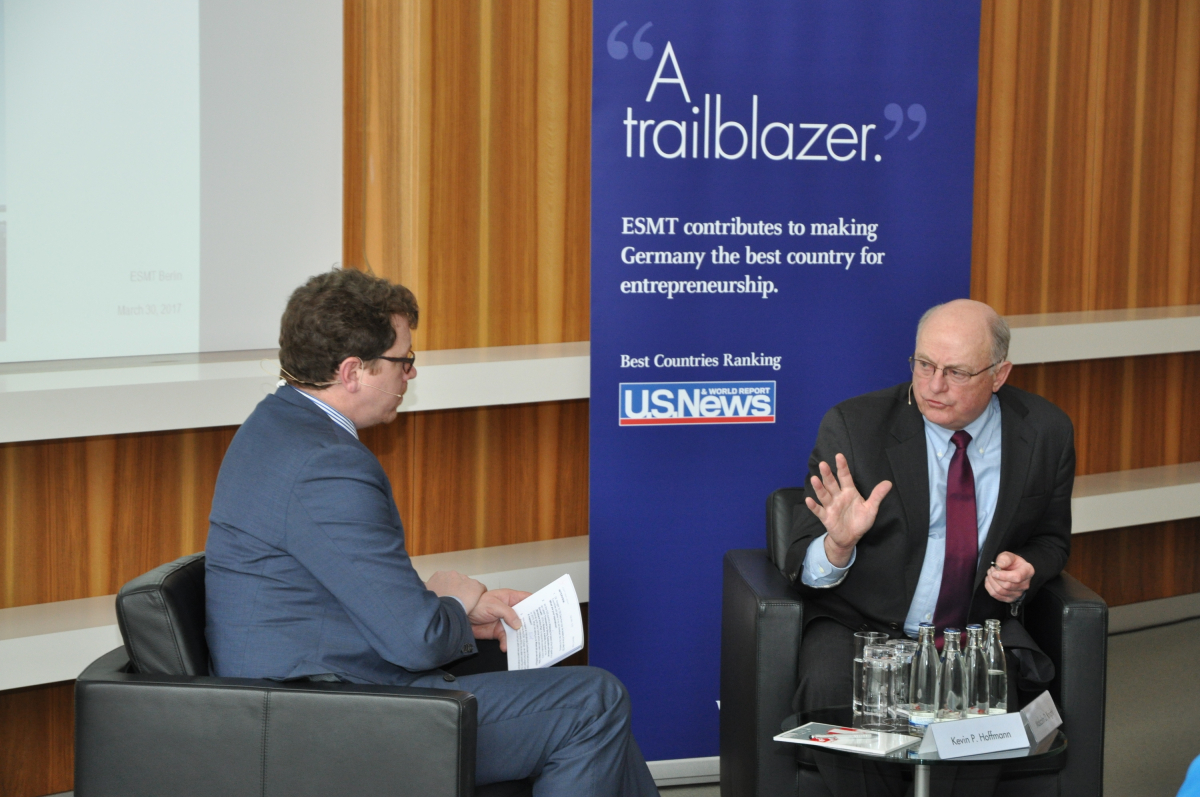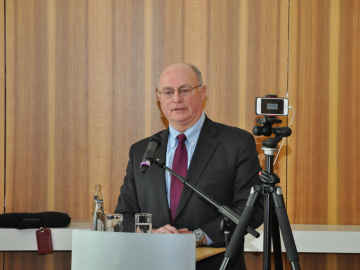A proposal for GH7/G20 policy coordination to strengthen global productivity and output growth

The progressive integration of the global economy over the past 70 years has achieved massive increases in output and per capita income and has brought millions of people out of poverty. But now economists and policymakers widely agree that the productive infrastructure of the global economy—hardware and software—desperately needs to be renewed, modernized, expanded, and integrated internationally.
The Paradox
On the one hand, there are few past historical periods in which so many technological innovations and new production processes have been brought to the marketplace as rapidly as they are now in industries where they can be quickly monetized for private profit. On the other hand, particularly in the “advanced” countries, much of the network of basic productive infrastructure that supports economic growth and development has become depreciated and outmoded to such an extent that it comes nowhere near to matching what is needed to support private sector productive activity.
Clearly, the way infrastructure investment is planned and put in place must change if this obstacle to stronger global growth of productivity and per capita output is to be overcome. This problem cannot be solved by marginal adjustments in demand management policies—it requires initiatives that act directly on the supply side of the macro-economy.
Designing and implementing a massive renewal of the global infrastructure network will require intensive and sustained international cooperation, so it is the major macroeconomic policy issue that the leaders of the G7 and G20 should address.
The Way Forward
The new arrangements I propose to carry forward this enhancement of global macroeconomic supply has two broad elements: One, each G20 country would initiate a National Infrastructure Investment Programme (NIIP) which would be designed and sequenced by an expert commission and approved by its national government. Two, these NIIPs would be coordinated through comprehensive new arrangements for an Internationally Coordinated Infrastructure Investment Programme–the iCIIP.
The G7 and G20 would play complementary roles in giving leadership and impetus to the iCIIP and encouraging all G20 countries to carry their NIIPs to fruition in a coordinated manner.
Specifically, there are some areas of cooperation where it would be advantageous for the G7 leaders—as a tightly-knit group—to work out basic principles that could then be presented to G20 Summit leaders. The G7 could play a central role in areas where it would be easier for an initial agreement to be worked out in a small group of countries. Several important examples immediately come to mind. One, G7 leaders could agree on the legal and regulatory arrangements for an internationally consistent resolution regime for global systemically important financial institutions—one that would enhance international financial stability without the need for massive taxpayer bailouts. Two, the G7 countries could work out arrangements for modernizing the global air traffic control system and international communication systems more generally—e.g., financial market infrastructures and payment and clearing systems. Three, they could agree on what resources each G7 country should stand ready to provide to deal with international emergencies such as natural disasters, pandemics, terrorist acts, or major cyber security or business continuity disruptions.
If G7 leaders could reach agreements on aspects of the global productive infrastructure such as these, other G20 countries could offer resources, implementation capacity, and support within the agreed framework where they had particular strengths and interests.
The Complementary Role of the G20
The G20 is the appropriate group to establish the overall design and organization of the iCIIP, develop the modalities for putting it in place, and designate the official bodies that should be involved in monitoring progress in the construction of a renewed international network of basic productive infrastructure. More broadly, since it would take at least a decade to bring the iCIIP to fruition, it would be essential for the G20 to coordinate policies internationally in other areas—particularly demand-management policies, further trade liberalization agreements, and regulation.
Other aspects of infrastructure investment, such as maritime transport, interoperability of power grids, redundancy of basic transport and power infrastructures across countries, business continuity planning, and support for disaster recovery measures would also be needed. These are just a few of the infrastructure issues where G20 countries as a group would need to be involved in both planning and implementation.
Conclusion
The proposals in my essay are obviously highly ambitious, but I believe that an Internationally Coordinated Infrastructure Investment Programme—an iCIIP—will be essential if the key long-term macroeconomic goal of strengthening productivity and output performance in the global economy is to succeed. Once the supply-side blueprint for infrastructure renewal is designed and sequenced, and is being put in place, the other supporting measures can be slotted into their proper places within an appropriate macroeconomic policy framework.
However difficult it may be politically for G7 and G20 leaders to put an iCIIP proposal into practice, it should be their first priority if they want to strengthen global macroeconomic productivity and output performance.
About Malcolm D. Knight
Malcolm D. Knight, PhD, is currently a distinguished fellow of the Centre for International Governance Innovation, where he works on governance-related aspects of international macroeconomic policy cooperation and financial regulatory reform. He is also deputy chair of the board of directors of Payments Canada, which operates Canada’s national large value payments system and regulates retail payment and clearing operations; is a visiting professor of finance at the London School of Economics; and is a member of the board of directors of the Global Risk Institute in Financial Services.
Dr. Knight has served as CEO of the Bank for International Settlements, vice chairman of Deutsche Bank Group, senior deputy governor of the Bank of Canada, and a senior official of the International Monetary Fund, throughout which he provided expertise in regulatory reform, research, and international financial stability. Dr. Knight also served as a trustee of the International Accounting Standards Committee Foundation and a member of the Financial Stability Forum (now the Financial Stability Board).
He holds an Honour BA in political science and economics from the University of Toronto, and MSc (Econ) and PhD degrees in economics from the London School of Economics. He has published widely in the fields of macroeconomics, international finance and banking, and financial regulation.
